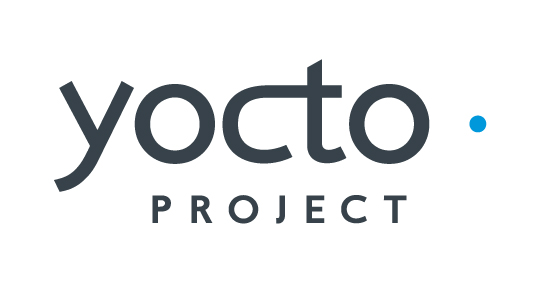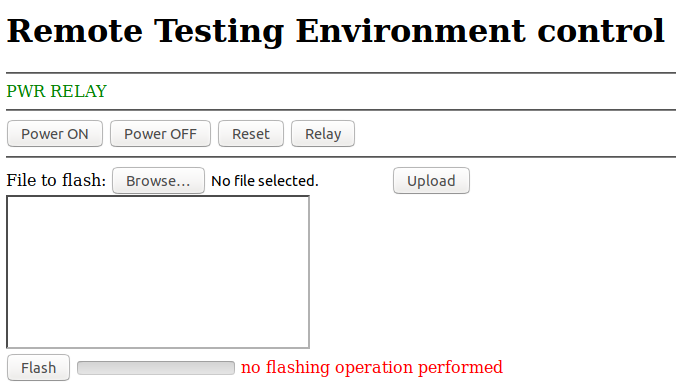Yocto meta-rte is now open for everyone

We are happy to announce that our 3mdeb’s Yocto meta-rte is now available on
our GitHub. But let’s say briefly what the
Yocto Project is and why we decided to work with it.
First of all, like everything that we love the most, Yocto Project is open sourced. The project is hosted by the Linux Foundation and gives you templates, methods, and set of interoperable tools for creating OS images for embedded Linux systems. Secondly, the Yocto project is used by many mainstream embedded Linux providers and offers thousands of packages which are available through layers. What are they?
Yocto project can be used by itself or be extended by meta layers, which are
repositories with instructions (recipes) telling the build system what it should
do. By separating the instructions into layers we can reuse them and share for
other users (our 3mdeb’s meta-rte is exactly that kind of layer). Thirdly,
with Yocto Project you can bring to life exactly the Linux you want and need.
The project lets you choose your CPU architecture, select footprint size and
remove and/or add components to get the features you want.
In addition, it is important to stress that Yocto project is developed by
programming enthusiasts and because we consider ourselves as one of them we
created and now we share meta-rte. meta-rte is created for our
RTE (remote testing environment - a hat
designed for Orange Pi Zero board, a tool which makes easier work with firmware
debugging tasks). So let’s now present some raw data about it:
Hardware support
The Orange Pi Zero default config does not enable all of its interfaces.
Following interfaces were enabled in the meta-rte (as devicetree patches and
kernel configuration changes) to support the features of the RTE extension
boards:
- UART (uart2) interface - for RS-232
- I2C (i2c1) interface - for mcp2301 GPIO expander
- SPI (spi1) interface - for flashing external boards' SPI flash chips
- USB (ehci/ohci 2 and 3) interfaces - for additional on-board USB connector
System features
- minimal image with full support for the target hardware,
- RteCtrl utility - controlling the RTE via REST API calls,
- dual-image OTA upgrades based on the SWUpdate: https://sbabic.github.io/swupdate/swupdate.html
- systemd as init manager
- standard useful system utilities such as:
- tmux,
- minicom,
- openssh-server,
- full python3,
- bash shell,
- etc.
- Utilities for controlling the platform under test via RTE:
- ser2net - redirecting platform’s serial via Ethernet over telnet
- flashrom - flashing platform’s SPI chip,
- fastboot and imx-usb-loader https://github.com/boundarydevices/imx_usb_loader for i.MX6 boards flashing,
- stlink and openocd for STM32 microcontrollers flashing
- ifdtools, cbftools - utilities useful for coreboot testing

Here we have our dev version API. It starts automatically and thanks to that you can start your remote work without any additional configurations.
We all know that using Linux for embedded devices is complicated, but thanks to
Yocto Project bringing embedded devices to market becomes easier, cheaper and
faster. And it doesn’t even matter what kind of device it is. In our case, it’s
3mdeb’s RTE. If you have any questions
about rte, meta-rte or you are just interested in embedded systems you can
email us at: contact@3mdeb.com. The confirmation of our competence is our
presence on the
Embedded Linux Expert List and
Yocto Project Consultants List.
You should also know that anyone can build a system based on meta-rte. To do
this you will need a tool named kas. Interested? Check our another article:
Quick start guide to kas - best tool for setting up the Yocto projects.
You can also find us on our official site, blog and on social media: Twitter, Facebook, LinkedIn, GitHub, stackoverflow.
